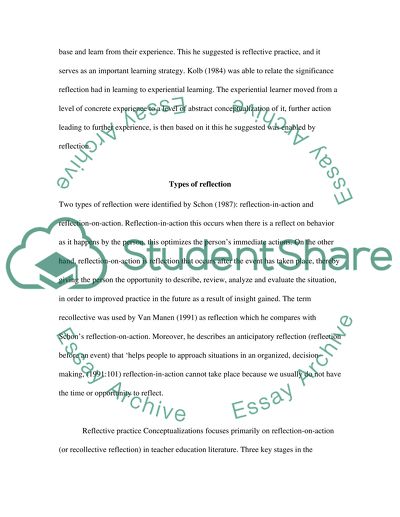Cite this document
(“Theories of reflective practice Article Example | Topics and Well Written Essays - 2500 words”, n.d.)
Retrieved from https://studentshare.org/psychology/1504184-theories-of-reflective-practice
Retrieved from https://studentshare.org/psychology/1504184-theories-of-reflective-practice
(Theories of Reflective Practice Article Example | Topics and Well Written Essays - 2500 Words)
https://studentshare.org/psychology/1504184-theories-of-reflective-practice.
https://studentshare.org/psychology/1504184-theories-of-reflective-practice.
“Theories of Reflective Practice Article Example | Topics and Well Written Essays - 2500 Words”, n.d. https://studentshare.org/psychology/1504184-theories-of-reflective-practice.


